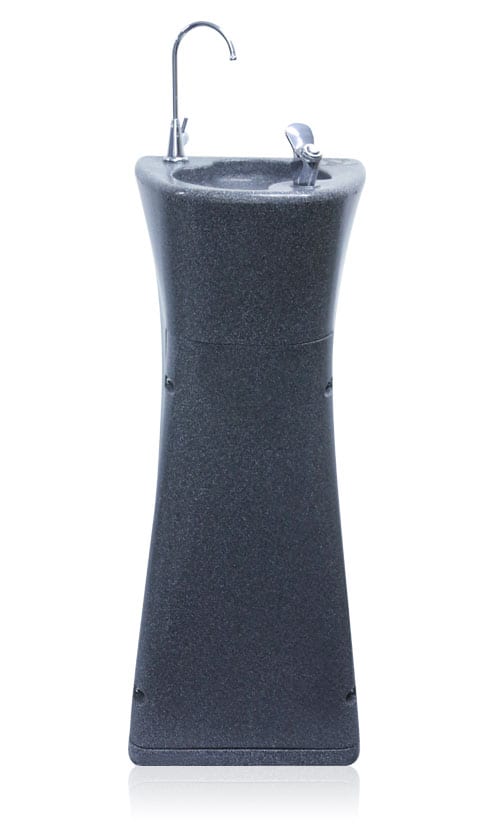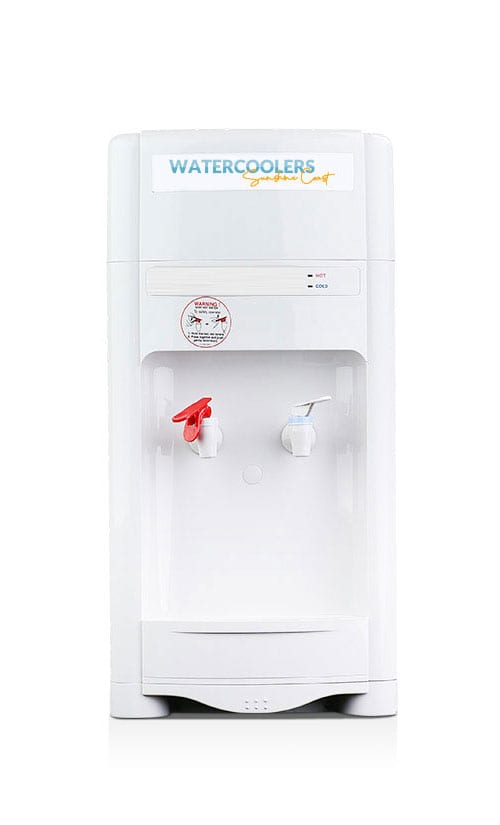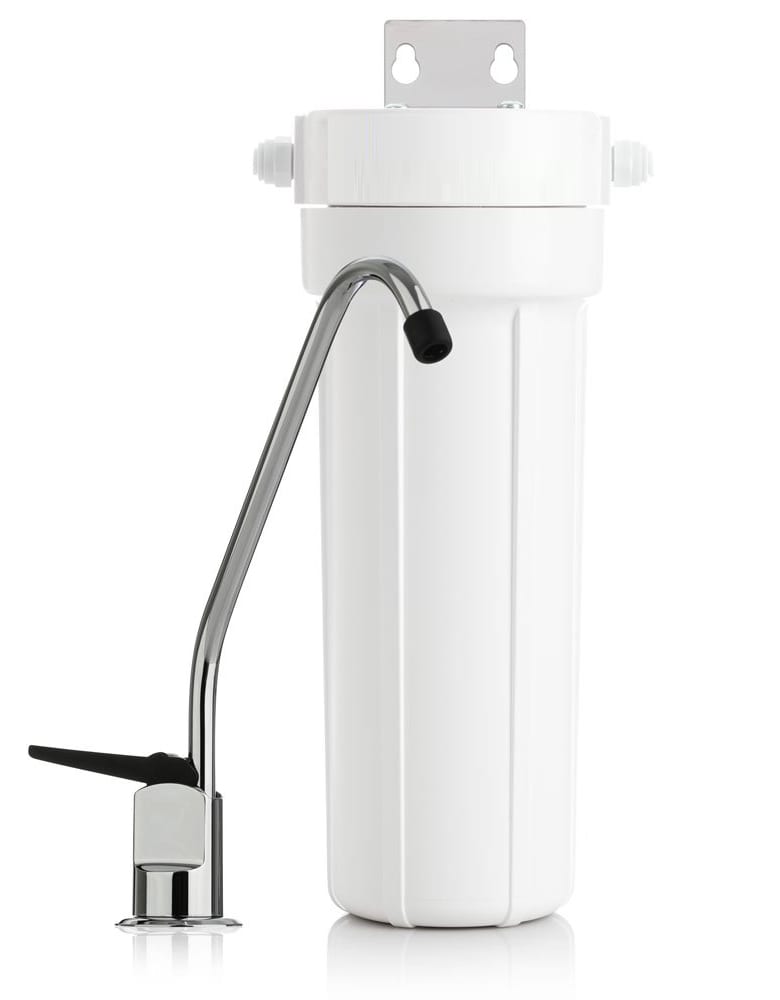
Water fight: A $2-million Canadian campaign for the Brita water filtration system targets the bottled water industry with an environmental message. (BRITA)
A viral video can only do so much. Last November, Evian landed in the Guinness World Records when a delightful commercial featuring roller-skating toddlers dancing to a remix of the ’70s hit Rappers Delight scored more than 45 million views on YouTube, making it the most-viewed online ad in the history of the medium.
Since then, the video has been seen perhaps another 50 million times. But at the end of 2009, executives at Evian’s parent company, Danone, which also owns the Volvic bottled water brand, faced a harsher measure of success: After falling 19 per cent the previous year, overall revenue was down another 10 per cent, to €2.58-billion ($3.43-billion).
The problem reaches across the entire industry: Worldwide sales at Nestlé Waters, which owns a dozen brands including Poland Spring and the gold standard of bubbly known as Perrier, fell 5.5 per cent last year after declining 7.8 per cent in 2008. But the recession isn’t the only factor threatening to swamp bottled water.
The industry is a paragon of marketing and branding success. It has turned a tasteless commodity that much of its market can get for free into a business worth about $15-billion in North America alone. Between 1985 and 2006, Americans increased their per capita consumption of bottled water from about five gallons to about 21 gallons. But even as it tries to regain its footing and convince tapped-out consumers to keep spending, the industry is facing a grassroots movement of critics who are increasingly vocal and savvy about marketing their pro-environment and often anti-corporate messages.
In the past two years, at least three feature documentaries critical of the water industry have appeared in North American cinemas, including last year’s Tapped.Flow: For Love of Water, which examines the effects of water privatization on the globe, was nominated at the Sundance Film Festival when it debuted there in 2008, and won the best documentary award at the Vail Film Festival that same year.
And this week, the Canadian operations of Brita, the household water filtration system, stepped up its own campaign against the bottled water industry, spending about $2-million for a heavy buy of a 60-second spot airing on a clutch of prime time shows including American Idol, CSI, The Mentalist and The Biggest Loser. Brita is also an official sponsor of Loser, which does not show any plastic beverage bottles onscreen.
When you want people to make a change, sometimes you have to let the emotion do the talking.
Andrew Simon, executive creative director, DDB Canada
Simon Houpt
The Globe and Mail
Published Friday, Apr. 23 2010, 6:00 AM EDT





